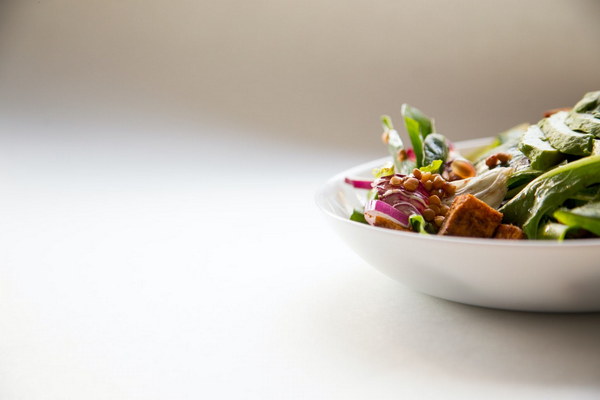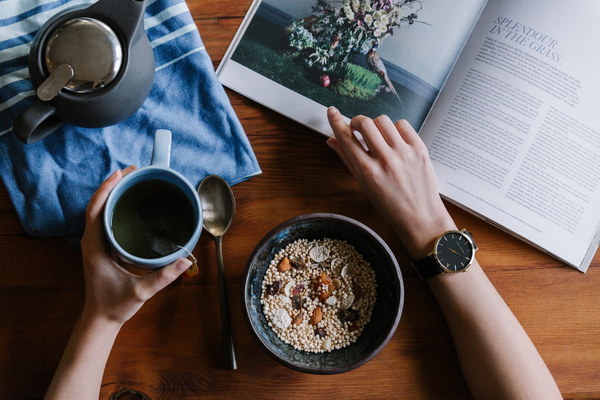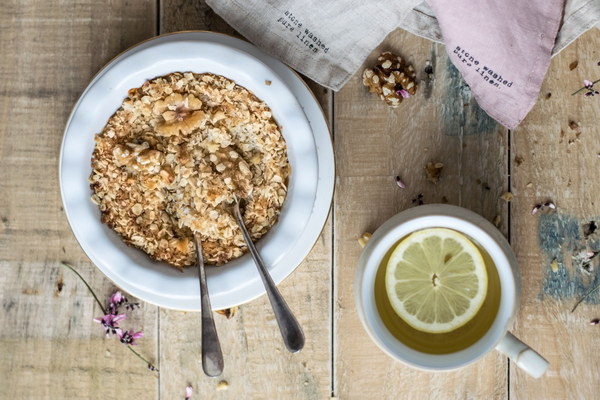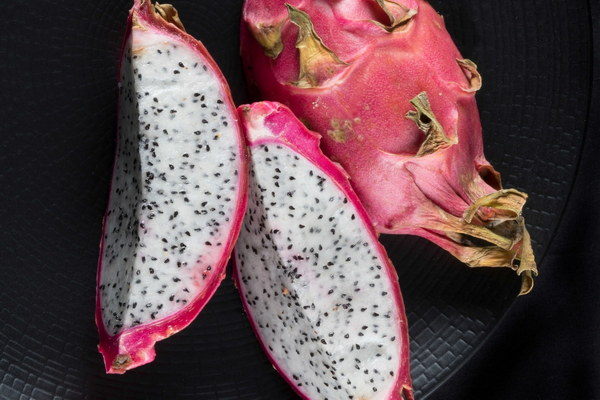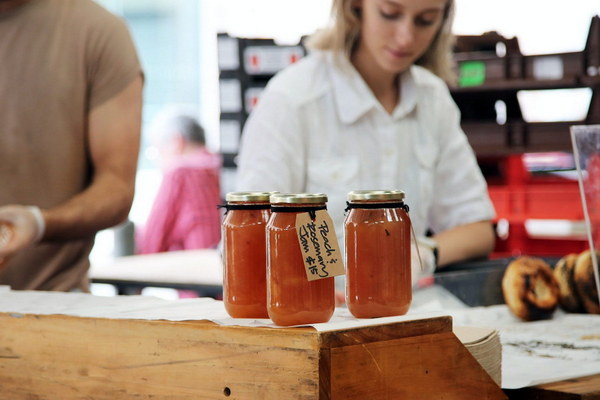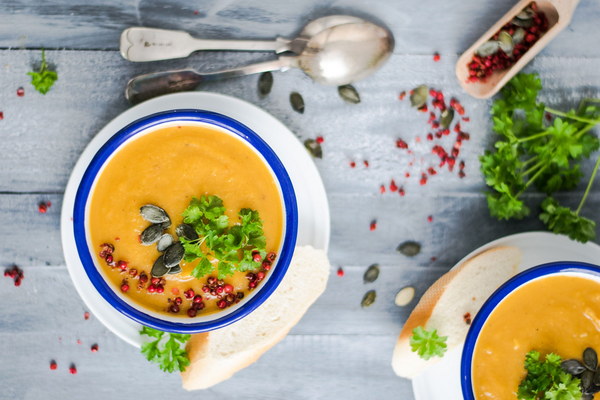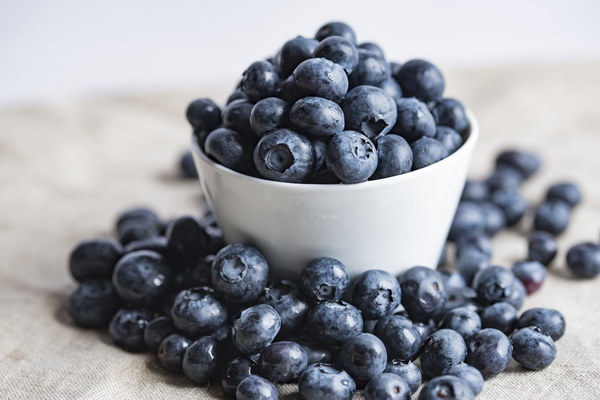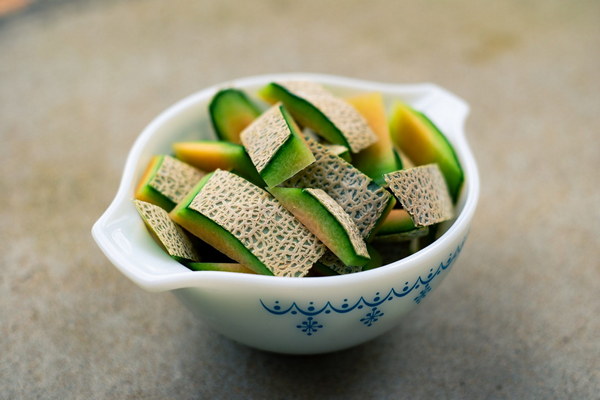Eating Your Way to Pain-Free Squats Nutritional Tips for Knee Pain Relief
Are you struggling with knee pain while performing squats? You're not alone. Squats are a fantastic exercise for building strength and endurance, but they can also be harsh on the knees. To support your joints and reduce discomfort, incorporating certain nutrients into your diet can make a significant difference. Here's a guide to help you understand how to use food as a natural way to alleviate knee pain during squats.
Understanding the Connection: Why Does Squatting Hurt My Knees?
Before diving into the dietary solutions, it's essential to understand why squats might cause knee pain. There are several reasons why you might experience discomfort:
1. Poor Technique: Incorrect form can place uneven pressure on your knees.
2. Overuse: Doing too many squats or increasing the intensity too quickly can lead to strain.
3. Lack of Flexibility: Inflexible hips and hamstrings can cause imbalances and pain.
4. Weak Muscles: Weak quadriceps, hamstrings, and glutes can lead to knee instability.
5. Joint Issues: Pre-existing conditions such as arthritis can exacerbate pain during squats.
Nutritional Tips for Knee Pain Relief During Squats
1. Omega-3 Fatty Acids
Omega-3s are known for their anti-inflammatory properties. Foods rich in omega-3s include:
- Fish: Salmon, mackerel, sardines, and trout.
- Flaxseeds: Ground flaxseeds are a great plant-based source.
- Chia Seeds: These tiny seeds are packed with omega-3s and fiber.
Incorporating these into your diet can help reduce inflammation and alleviate knee pain.
2. Vitamin D and Calcium
Strong bones are essential for healthy knees. Vitamin D and calcium work together to maintain bone density. Good sources include:
- Dairy: Milk, cheese, and yogurt.
- Fortified Cereals: Look for cereals fortified with vitamin D and calcium.
- Leafy Greens: Spinach, kale, and collard greens are rich in calcium.
3. Vitamin K
Vitamin K is crucial for bone health and can help in the formation of bone matrix. Foods high in vitamin K include:
- Leafy Greens: Spinach, kale, and broccoli.
- Broccoli: This vegetable is also a good source of calcium and vitamin C.
- Natto: A fermented soybean product that is particularly high in vitamin K.
4. Protein
Protein is vital for muscle repair and growth. Including good sources of protein in your diet can help you recover faster and build stronger muscles around your knees:
- Lean Meats: Chicken, turkey, and lean beef.
- Fish: Tuna and cod are excellent choices.
- Legumes: Beans, lentils, and chickpeas.
- Eggs: Eggs are a versatile and complete protein source.
5. Antioxidants
Antioxidants help protect your joints from free radicals that can cause damage. Berries, such as strawberries, blueberries, and raspberries, are great sources of antioxidants.
6. Hydration
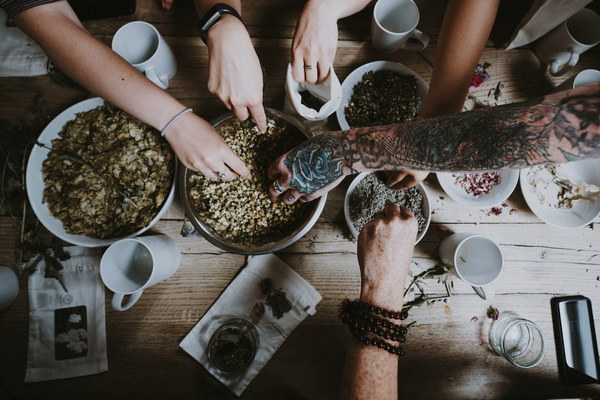
Proper hydration is essential for joint health. Water helps maintain joint fluid, which cushions your joints during exercise.
Implementing the Diet
Start by gradually incorporating these foods into your daily meals. Here's a sample meal plan to get you started:
- Breakfast: A bowl of oatmeal with flaxseeds and berries, a glass of fortified milk, and an egg.
- Lunch: Grilled chicken salad with spinach, kale, and a variety of berries.
- Snack: A handful of almonds and a small natto serving.
- Dinner: Baked salmon with a side of broccoli and quinoa.
- Evening Snack: Greek yogurt with a drizzle of honey and a small handful of chia seeds.
Remember, while food can play a significant role in reducing knee pain, it should be complemented with proper squats form, adequate rest, and possibly physical therapy. Consult with a healthcare professional before making any significant changes to your diet or exercise routine. With the right approach, you can enjoy squats without the pain.

